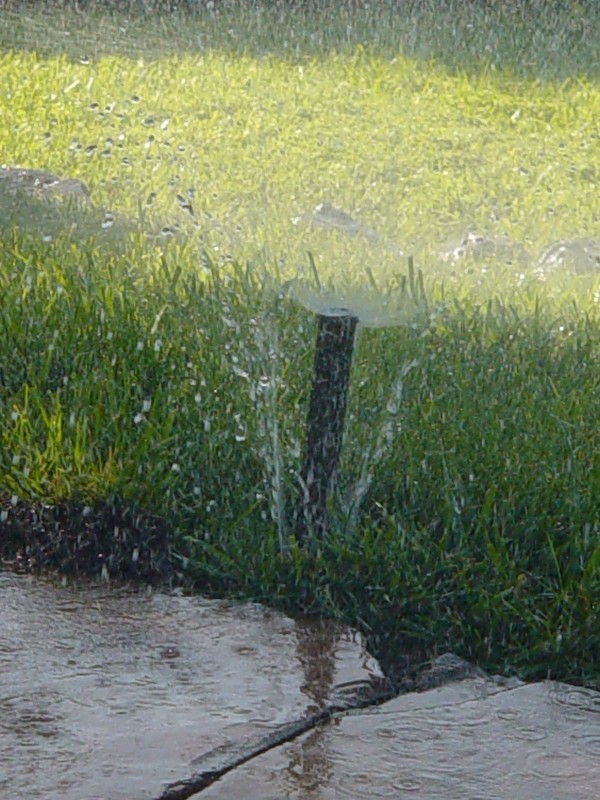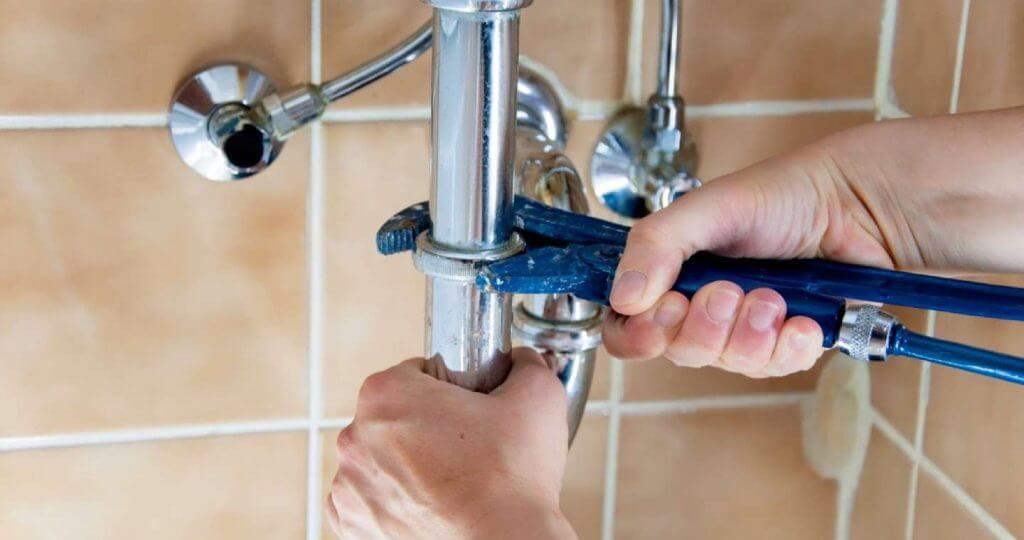The Top 5 Common Water Leak Sources
The Top 5 Common Water Leak Sources
Blog Article
What are your opinions about Common Causes of Water Leaks in the Home?

"Beware of little costs. A tiny leak will certainly sink an excellent ship." - Benjamin Franklin.
He could not have been much more best because water leakages in our houses lead to a waste of resources, increasing our water costs. This rise may seem minimal at initially, it can lead to substantial costs that can break your bank. In addition to a rise in costs, water leaks additionally trigger undesirable natural development, structural damages, and also electrical risks.
Determining if you have a water leakage isn't always easy as a result of being not able to see a lot of the pipework in your home. If you have had an increase in your water expenses lately, observed water discolorations on wall surfaces and also ceilings, smelt lousy odor, etc. You might want to think about requesting plumbing services to get it took a look at.
There are a number of root causes of water leaks, and we have actually assembled the common reasons below. Inspect to see if you have had associated concerns in your house recently.
Blocked drains
Food fragments, dirt, and also grease can create clogged up drains and block the flow of water in and out of your sink. If undealt with, increased pressure within the gutters can create an overflow and end up fracturing or rupturing pipes. To stay clear of clogged drains in your home, we suggest you to prevent putting bits down the drain and regular cleaning of sinks.
High water stress
You discovered your residence water pressure is more than common however after that, why should you care? It's out of your control.
It would be best if you cared since your ordinary water pressure need to be 60 Psi (per square inch) and also although your home's plumbing system is designed to hold up against 80 Psi. A rise in water stress can put a strain on your home pipes and bring about splits, or worse, ruptured pipelines. If you ever before observe that your residence water stress is higher than usual, contact an expert regarding controling it.
Rust
As your pipework grows older, it gets weaker and a lot more prone to corrosion after the constant passage of water through them, which can eat away at pipes and cause cracks. A visible sign of corrosion in your home plumbing system is discoloration and also although this may be hard to detect due to many pipes hidden away. We suggest doing a constant appointment every few years as well as change pipes once they are old to guarantee an audio plumbing system
Deteriorated pipeline joints
Pipe joints are the components of our plumbing system where the pipes link. It is crucial to keep in mind that also though pipelines are developed to withstand stress as well as last for a while, they weren't created to last permanently; consequently, they would certainly weaken over time. A common indication of damaged pipe joints is excessive noise from faucets.
Damaged seals
Another cause of water leaks in residences is broken seals of home devices that utilize water, e.g., a dishwasher. When such devices are installed, seals are set up around water adapters for easy flow of water with the device. For this reason, a damaged seal can trigger leak of water when being used.
With little or no understanding of plumbing, understanding your house's plumbing system sufficient to deal with several of these problems (without repercussion) can be a hassle. Connect with plumbing professionals in Pittsburgh, Divine Superintendence, Rochester, as well as environ today, and they'll make those issues go away.
He couldn't have been more appropriate since water leakages in our homes result in a waste of sources, enhancing our water bills. If you have had a boost in your water bills lately, saw water discolorations on walls as well as ceilings, scented poor smell, and so on. An increase in water pressure can put a strain on your residence pipelines and lead to fractures, or worse, burst pipes. One more cause of water leakages in homes is broken seals of house appliances that use water, e.g., a dishwashing machine. When such appliances are set up, seals are installed around water adapters for easy flow of water with the machine.
5 TIPS IN DETECTING A WATER LEAK IN YOUR HOUSE
Water leaks can be hard to find in your home, yet they can be so common. We rely on water every day in our home, which is why a leak can cause big problems. By detecting them early, you can save money and further damage, getting the problem fixed as soon as possible. Here are 5 tips to help you detect a water leak in your home, so you can contact a plumber straight away and get the issue sorted.
Check your water meter
Many people underestimate the value of the water meter in their home. It can be one of the best ways to tell if you have a leak early on, so you can get on top of it before issues start arising. Start by turning off all the water in your home: taps, washing machine, dishwasher, etc. Now take a look at the meter – if it’s still changing with everything turned off, it’s likely you have a fast-flowing leak that you need to get on top of straight away. If nothing changes, then leave your meter for an hour or two and come back to it. Did it change in this time? It’s likely you have a slower leak, which isn’t as urgent but still handy to get fixed so it doesn’t become a bigger problem.
Keep an eye on your bill
Another good way to detect a leak in your home is by keeping an eye on your water bill. It helps if you have a past bill from the same period of time. You can compare like for like and determine whether your water usage has increased significantly. If it has, there may be a leak in your system that you haven’t picked up before. A professional plumber can check through all of your pipes and determine where it is coming from.
Look for damage
If you have a leak inside your home, you will notice damage over time. Take a look at your showers and bathtubs and note whether any of the tiles surrounding the area seem to be discoloured or damaged in any way. There may be water stains, mould or peeling material that has resulted from a build up of moisture over time. Make sure you take a look under sinks at the back of cupboards that don’t get accessed regularly. This is where damage can go unnoticed and build up over periods of time.

Do you really like reading about How to Find and Prevent Water Leaks in Your Home? Try leaving a remark down below. We'd be glad to know your opinion about this write up. We are looking forward that you come back again soon. Loved our content? Please share it. Let another person find it. Many thanks for your time invested reading it.
Resolve today. Contact. Report this page